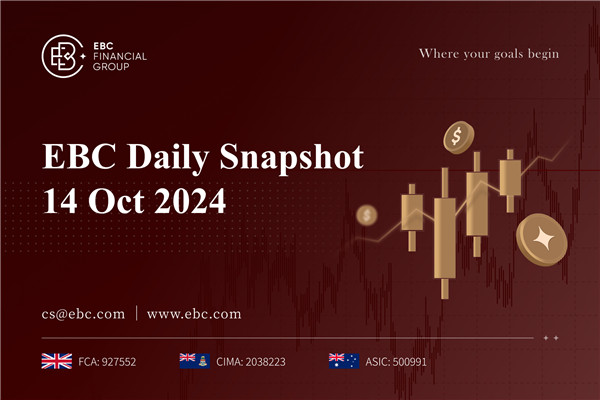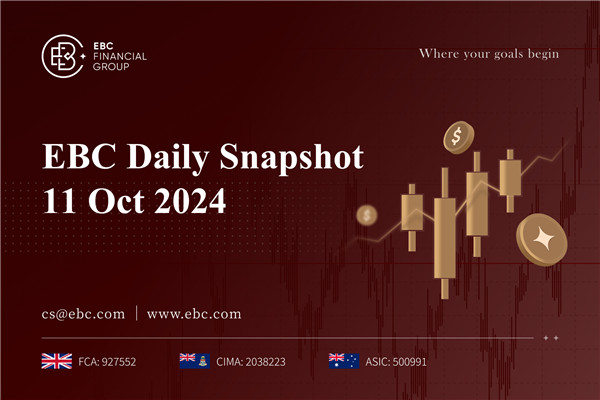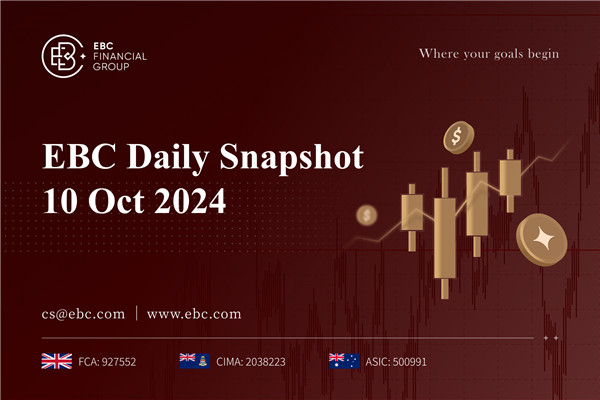One more hike priced
The ECB will increase interest rates to 4% in September from 3.75% and start
cutting rates in March, a Bloomberg poll showed. Likewise, money markets
currently have priced a 25 basis-point ECB hike next month.
ECB research has suggested that underlying inflation has probably peaked. A
separate poll of consumers reinforced that view, showing that expectations for
price growth across the 20-nation euro zone dropped further.
Aside from inflation, policymakers will have to weigh economic weakness
against inflation fight with Germany growth slowing to a crawl in the second
quarter.
Economists expect another quarter of zero growth in the third quarter and
still see German output shrinking by 0.3% this year, with the outlook for 2024
also shifting down to 0.8% from 1%.
‘We expect the economy to broadly stagnate over the next few quarters as the
euro area will face several headwinds from high uncertainty, the lagged impact
of the ECB tightening cycle... and less fiscal support,’ said Michael Kirker,
European economist at Deutsche Bank.
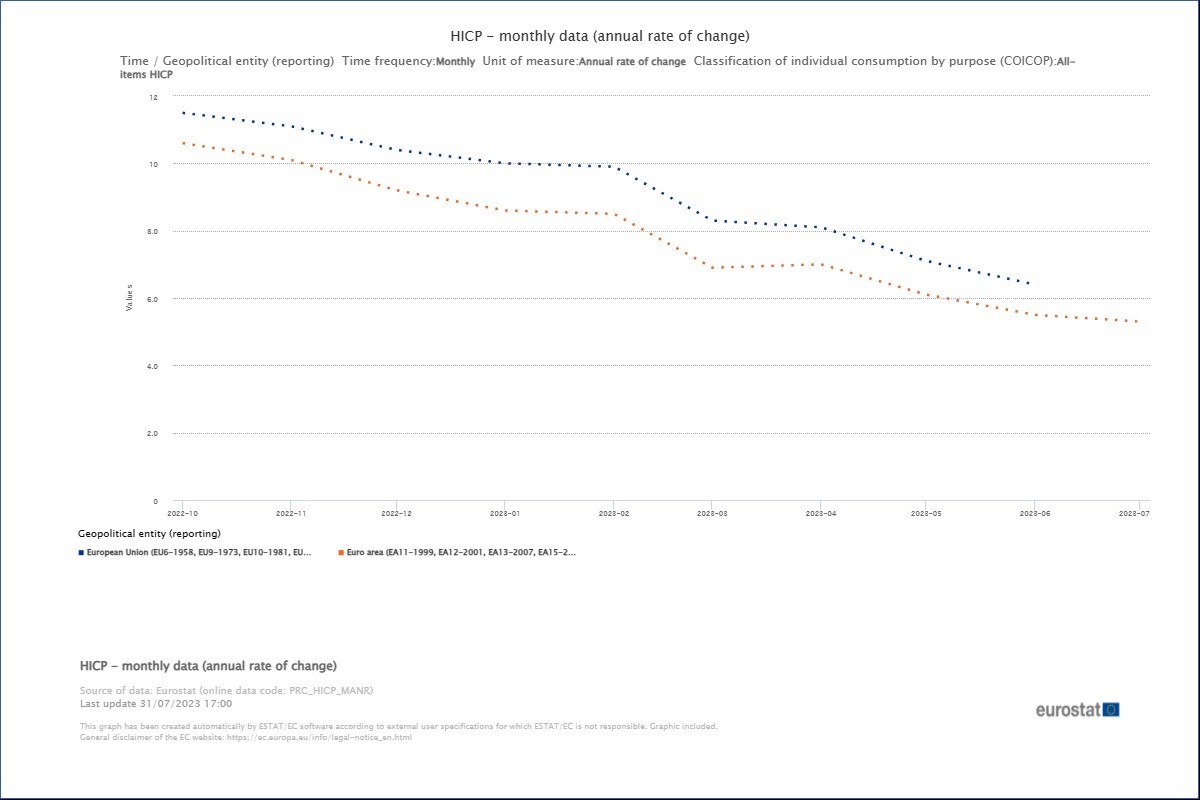
Executive Board member Fabio Panetta earlier this month urged prudence ‘in
calibrating our monetary-policy stance if we are to reach our inflation target
without harming economic activity unnecessarily.’
Euro zone inflation hit a lower-than-expected 5.5% in June, the first time
since Jan 2022. Falling energy prices were a significant contributor to the
drop.
The latest Economic Bulletin, published last Thursday, said that ‘inflation
continues to decline but is still expected to remain too high for too long’.
Aftermath of war
The surge in European gas prices one week ago acts as a warning to investors
who feel over-confident about lower energy cost.
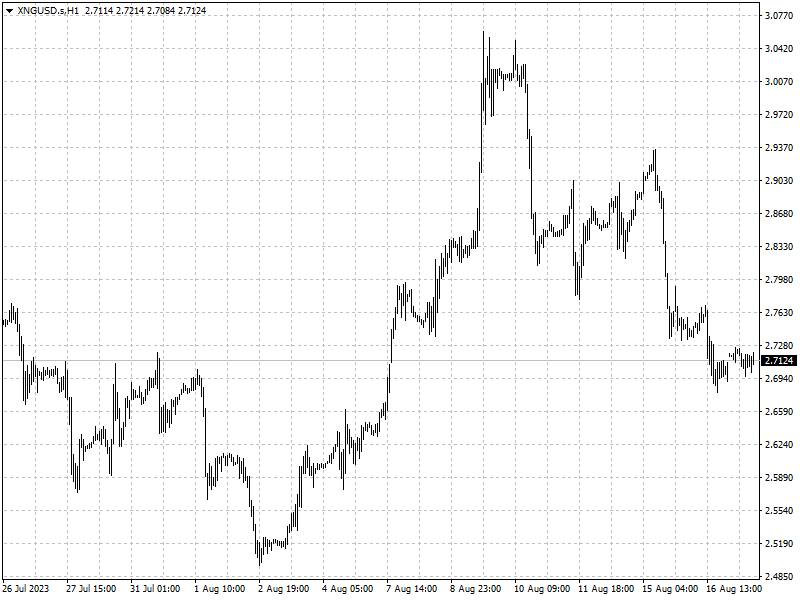
While Europe’s gas supplies are plentiful, the region is still paying four
times more than the US and about double what it was before the pandemic.
The latest escalation in supply fears was sparked by a dispute about pay and
conditions at Australian plants belonging to Chevron and Woodside Energy., which
account for over 10% of global LNG supplies.
A long-lasting war between Russia and Ukraine has weaned Europe off a large
source of its energy supply, increasing the continent’s reliance on LNG
imports.
That has subjected the market to potential supply disruption in any major gas
producer. ING Group NV, Rabobank and Saxo Bank all recommend positioning for a
hawkish pivot from the ECB as energy prices rise again.
State Street said that the jump in prices is unlikely to result in a dramatic
change to the ECB’s policy outlook but tight global food-supply chains, extreme
weather and rising crude prices could thwart inflation slowdown.
Energy analysts believe the bullish momentum for European natural gas prices
will persist over the coming months. Executives of major energy companies have
warned in recent weeks that a cold winter and unexpected outages could still put
the region at risk of shortages.
John Evans, an analyst at brokerage PVM, said that despite countries such as
Germany securing large gas deals with other countries, ‘there still remains a
possibility of a shortfall and a reversion to having to buy at spot as seen in
2022.’
If the Australian supply outage extends into September, that would affect
global supplies and prices in the run-up to the heating season. Prices in both
Asia and Europe would need to rise to attract available LNG.
Rystad Energy said ‘the bullish outlook for gas prices to continue with fewer
LNG imports to Europe, planned maintenance for Norwegian pipelines and continued
heatwaves in multiple regions globally.’




